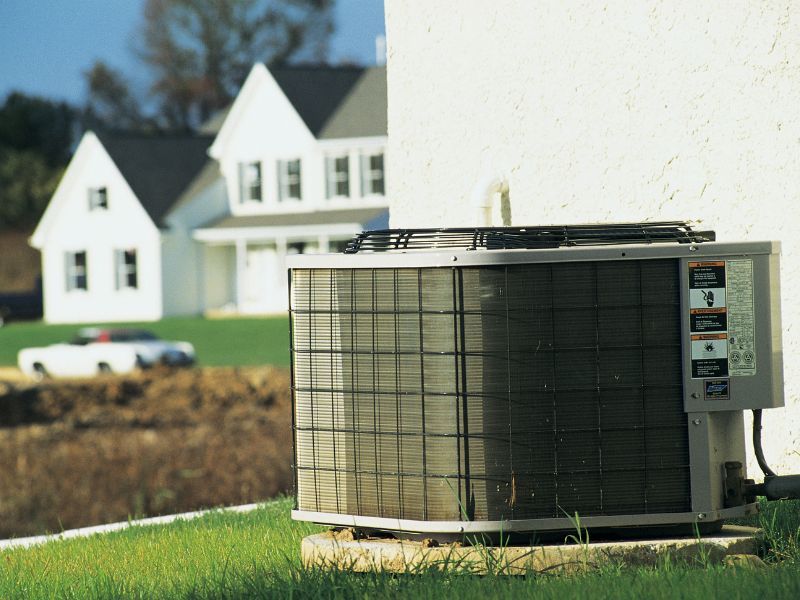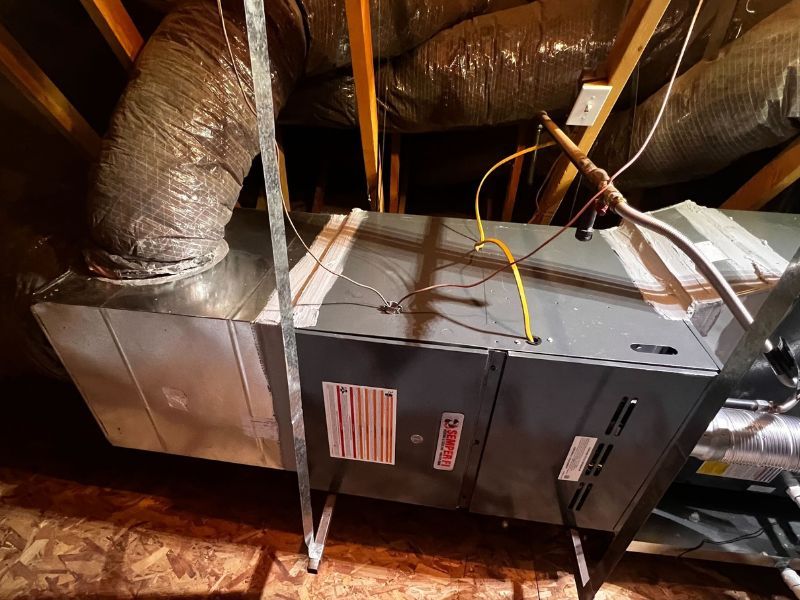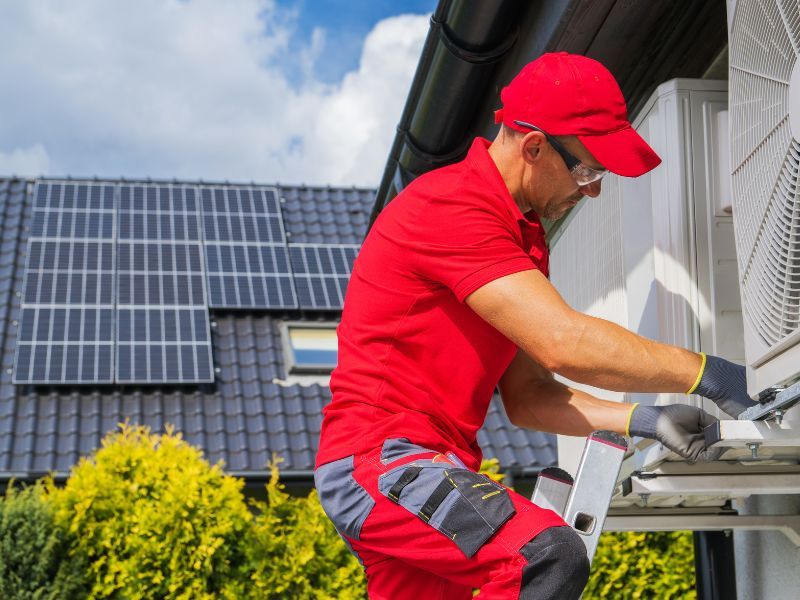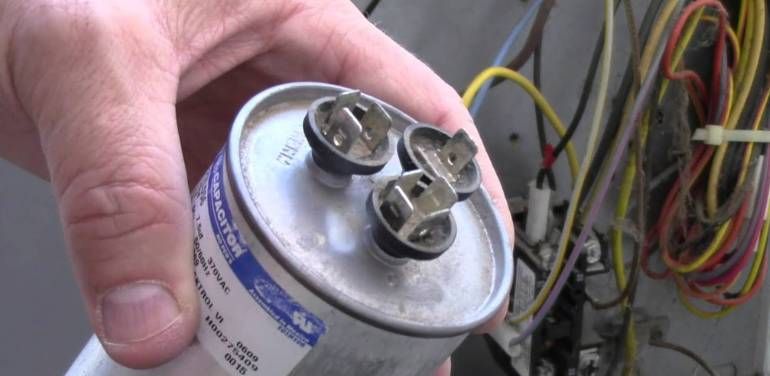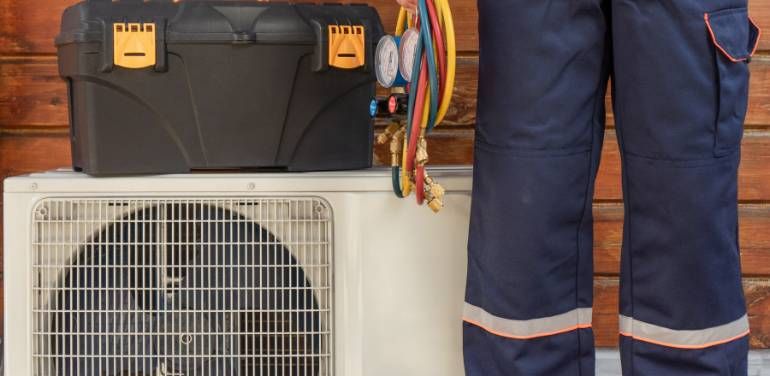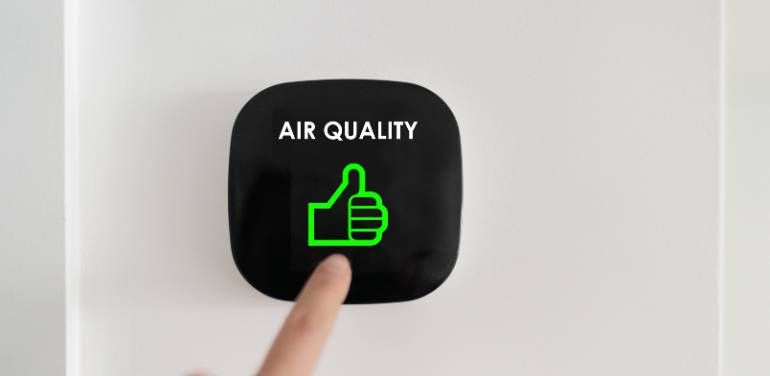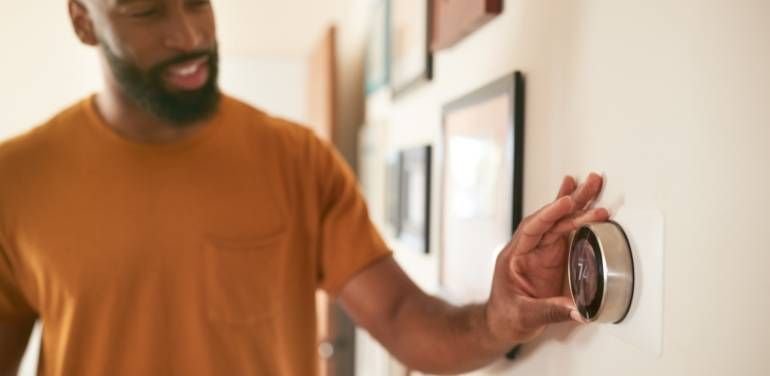Furious Furnace: Here’s Why Your Heater is Making Noise
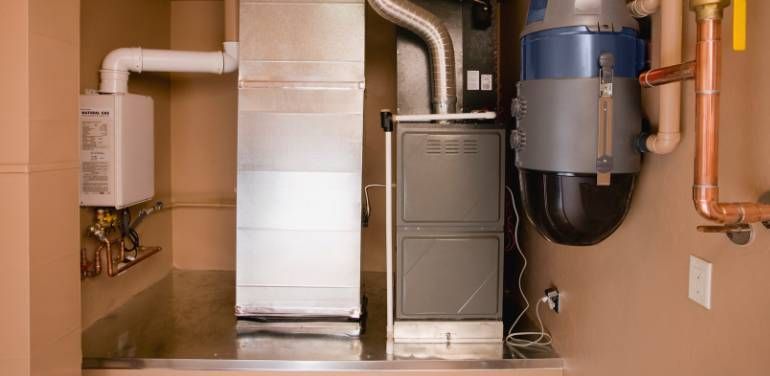
It’s starting to get cold outside, so you turn on your heater only to be screamed back at by a torrent of angry furnace sounds.
Is something wrong with your furnace? Should you turn it off?
Well, it depends on the type of noise you’re hearing. Furnaces make a lot of different sounds, and while some are a sign of serious damage, others are harmless.
Take a look at this guide to learn why your heater is making noises and what to do about them.
Understanding the Different Types of Furious Furnace Sounds
Furnaces can make a variety of terrifying noises. Each one indicates a different type of problem.
When you hear any of these sounds coming from your furnace, don’t ignore it. These sounds are telling you something isn’t quite right inside your furnace. Leaving them alone will cause the problem to get worse, which means you’ll have to spend more money on repairs in the long run.
Some of these sounds are warnings. If you hear them, you need to turn your furnace off right away and call a professional furnace repair technician as soon as possible.
Wondering how you’re supposed to recognize all these different noises? That’s where we come in.
We’ve put together a quick list of common furnace sounds and what they mean.
Rattling, Buzzing or Vibrating
Rattling, buzzing or vibrating sounds are usually cause for concern. Most of the time, you can make a few quick fixes on your own and the noises will go away.
These types of sounds mean a few ducts inside your furnace are coming loose. There are a couple of different ways you can take care of this problem.
If you have the right size screws, use them to tighten the loose ducts back into place. If you don’t have screws, you can also secure the ducts with a few pieces of duct tape.
In some cases, the furnace itself might be rattling against the floor. Use a prybar to lift the unit off the floor enough to slip a rubber pad underneath. This should make the noise stop.
Whistling
Whistling could mean there are tiny holes or gaps in your ductwork. If you aren’t sure where the gaps are, you can turn on your furnace and try to find them by listening. There’s a good chance they’ll be close to where the duct connects to the furnace.
Whistling could also mean your filter is clogged. A clogged filter forces the fan to suck air from wherever it can. As air is sucked through small spaces, it makes a whistling noise.
Pull out the filter and see if the furnace is still making the whistling sounds. If not, it’s definitely a filter problem.
If your filter is so clogged it’s preventing any air from getting through, you should throw it away and buy a new one.
Squealing
This type of noise is a sign there’s something wrong with the furnace’s motor, belt, or bearing. While annoying, malfunctions that cause squealing aren’t dangerous.
But again, that doesn’t mean you should leave them alone.
These problems will get worse over time. They can create other, bigger issues in your furnace if you don’t take care of them. Make sure you call a professional technician to repair them as soon as you can.
Chirping
Most of the time, chirping happens when you haven’t used your furnace in a while. As the furnace gets warmed up, it will start chirping. But the chirping should stop after a few minutes.
If the chirping doesn’t stop or gets worse over time, you may need to replace the belt.
Humming
Humming sounds are most often the result of a poorly lubricated blower motor. If your furnace starts making this noise, you should turn it off and check the blower motor yourself.
Make sure you give the motor plenty of time to cool before touching it!
If the blower motor doesn’t seem to be the issue, there could be something more serious happening inside your furnace. Give your repair technician a call before you use it again.
Banging
Hearing bangs coming from your furnace could mean a couple of different things. It depends on where the sound is coming from.
Here are the two most common banging sounds you should be aware of.
1. Banging When You Turn on the Furnace
Sometimes furnaces will start banging when you first turn them on. Take a listen and find out if the banging is coming from the ductwork. If it is, you’re dealing with an oil-canning ductwork problem.
The noise comes from a weak spot in the ductwork. To give it more support, take a thicker piece of metal and screw it around the duct.
2. Banging When You Walk on the Floor Above the Furnace
If the furnace bangs when you walk on the floor above it, the ducts are probably too tight. You can either loosen or rehang the duct. Those adjustments should take care of the problem for you.
Loud Booming
This is a dangerous sound.
A loud boom means your furnace has a delayed gas ignition. When this happens, the gas in your furnace builds up instead of igniting right away. When the gas does ignite, it creates a small explosion.
Delayed gas ignition can cause serious harm to your furnace. But, more importantly, this can also be dangerous for your home and your family.
If you notice a delayed gas ignition in your furnace, turn it off right away. Then call a professional furnace repair technician. You should always leave any repairs relating to gas to the professionals.
Understanding Different Types of Water Heater Sounds
Like a furnace, your water heater can make its own array of strange noises. While these may sound the same as your furnace sounds, they mean different things.
Here’s a list of common sounds and what they mean for your water heater.
Cracking or Popping
As you use your water heater, sediments from the water build up inside the tubes. When you turn the water heater off, some of the water gets trapped underneath this buildup.
It will force it’s way back through the buildup when you turn the water heater back on. As it does this, it makes cracking or popping sounds.
This is more common in older units because they’ve had more time for sediment to build up.
Knocking
Your water heater pipes can heat internally and this causes them to knock against the inside of your walls. This can happen when you turn on the shower, run the dishwasher, or even flush a toilet.
It’s not something you have to worry about.
However, if you don’t fix the problem, your walls could sustain some damage. To prevent this, you can install a water hammer arrestor between the water heater and the appliance that causes the pipes to knock on the walls.
Humming
Your water heater element is probably vertical to your water heater tank. As the water flows around the element, it can create vibrations. This will make it sound like the water heater is humming.
All you have to do to fix this problem is tighten the element.
Tapping
Hearing tapping sounds coming from your water heating is normal. The heat traps or check valves (whichever one you have installed) are what cause the noise.
A heat trap or check valve sits at the top of your water heater pipes. They prevent water from flowing down the pipes backward. They also happen to make small tapping sounds.
Screeching
You’ll hear your water heater screech when water gets forced through a small opening. This is usually the result of a valve that isn’t opened all the way.
If you hear this sound, check the valves on your water heater. Opening them all can make the sound go away.
When to Buy a New Furnace
Hearing a lot of strange sounds coming from your furnace or water heater may be a sign it’s time to get a new unit. As your furnace gets older, it will start wearing out. This can cause it to malfunction or develop other problems.
Most furnaces last between 15 to 20 years. If your furnace is older than this, it’s time to buy a new one.
Water heaters have a similar lifespan. However, if you have a tankless water heater, it can last for more than 20 years.
Know Why Your Heater Is Making Noises Then Take Action
If you’re furnace or water heater are making weird sounds, there’s probably something that’s gone wrong inside the unit. Understanding why your heater is making noises can help you find the problem and take care of it.
Some of the problems are minor, and you can fix them on your own with the right tools. However, some of the problems should be left to the professionals. If you notice anything that concerns you, make sure you call a repair technician right away.
HVAC System Cost & HVAC Reviews
More Homeowner Guides
Categories
